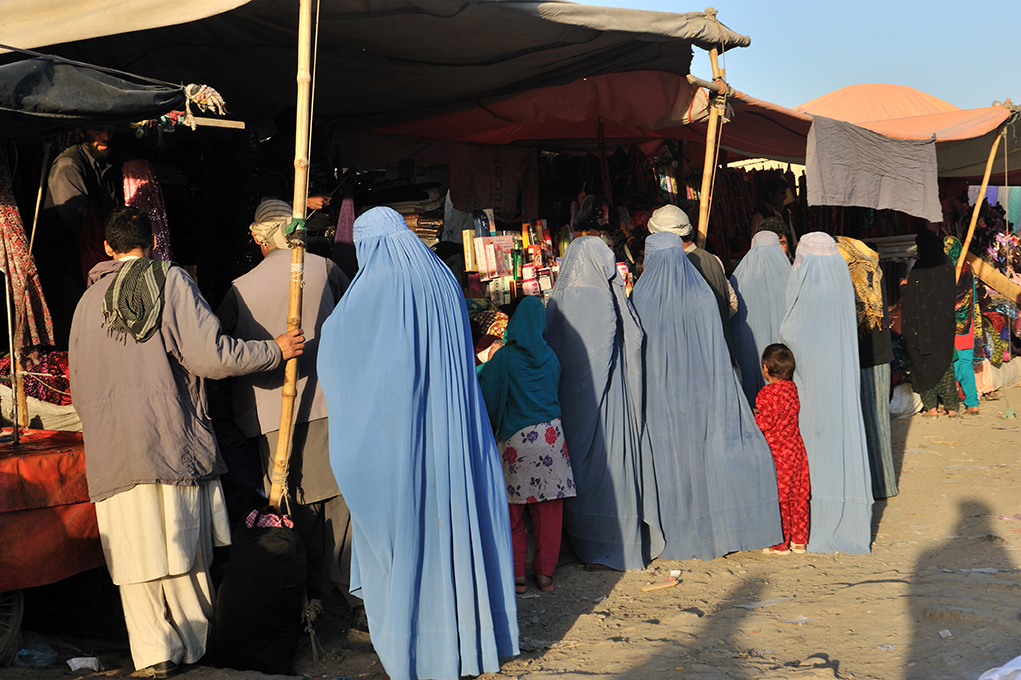Doctors without Borders (MSF) began working in Afghanistan in 1980. Despite political instability and conflict, their hospitals have never stopped operating. Over the years they have offered trauma care, mother and child healthcare, assistance to the displaced population and treatment for tuberculosis and malnutrition throughout the country.
In 2022, we helped Doctors Without Borders (MSF) in Afghanistan respond to the humanitarian crisis that hit the country following the measles epidemic caused by a serious increase in child malnutrition.

